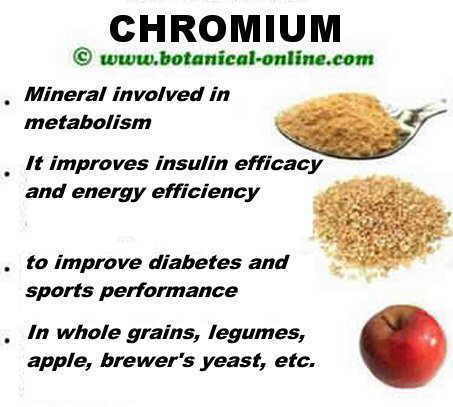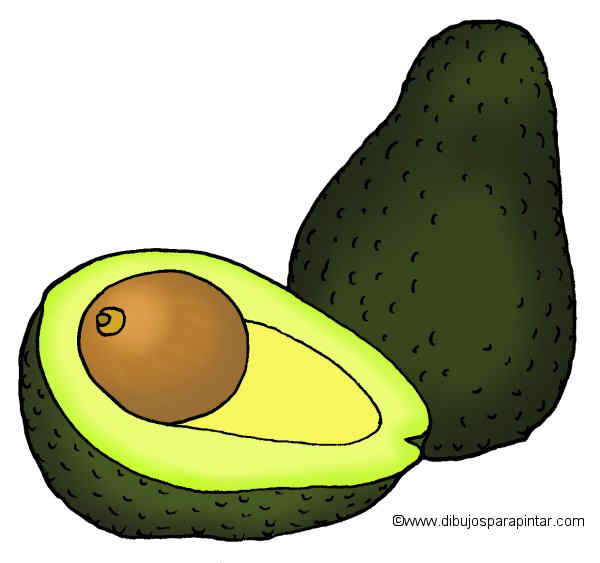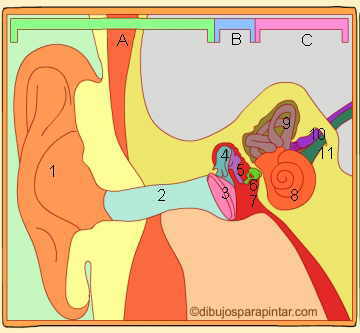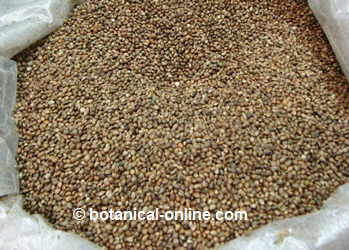Contents
Dangers of chromium

Main properties of chromium
Chromium is a mineral involved in the metabolism of fats, proteins and carbohydrates.
It collaborates in a better use of energy by improving the action of insulin.
It prevents clots and vascular accidents.
It is used in bodybuilding to help increase muscle mass. Its functions to take advantage of glucose can help increase the performance of sports force.
Toxicity of chromium
Used in adequate amounts and during the time recommended by the doctor, chromium does not present problems of toxicity.
Chromium intoxication is very difficult, because it is an element that is absorbed with great difficulty and is easily eliminated.
Side-effects of chromium
Although becoming intoxicated with chromium is very difficult, however, some side effects have been reported. Mainly the following:
- Headache
- Vomiting
- Eczema
- Dizziness
- Changes in behavior
- Moodiness
- Incoordination
- Lack of logic
- Etc
An excess of chromium can produce negative reactions in the body that can manifest in the form of problems of liver, kidneys or disorders in the blood.
Chromium contraindications
It is not appropriate to take chrome for the following disorders :
- Kidney disease
- Liver disease
- Anemia: Chromium decreases the absorption of iron.
What other people should not take chrome supplements?
The following people should not take chromium supplements without consulting their doctor or specialist:
- Pregnant women
- People with diabetes who are taking insulin
- People with mental problems such as depression, schizophrenia or anxiety.
- People taking medication
Chrome Interactions
Chrome can interact with the following products:
- Herbs containing chromium: Dandelion, juniper, coriander, yarrow, horsetail, milk thistle, thyme, ginger, echinacea, valerian, licorice, peppermint, cascara sagrada, etc. The use of chromium supplements along with abundant preparations of these herbs can dangerously raise chromium levels.
- Chromium decreases absorption of iron
- Vitamins that increase the absorption of chromium: Vitamin C, pyridoxine and riboflavin.
- Proteins that increase the absorption of chromium: glutamic acid, glycine, cysteine
- Minerals that increase the absorption of chromium: manganese
- Minerals that decrease the absorption of chromium: zinc
| MINERALS | MACROELEMENTS | MICROELEMENTS |
| Calcium, chlorine, phosphorus, magnesium, sodium, potassium | Copper, chromium, fluorine, iron, manganese, molybdenum, selenium, iodine, zinc. |
![]() More information on chromium and minerals
More information on chromium and minerals








